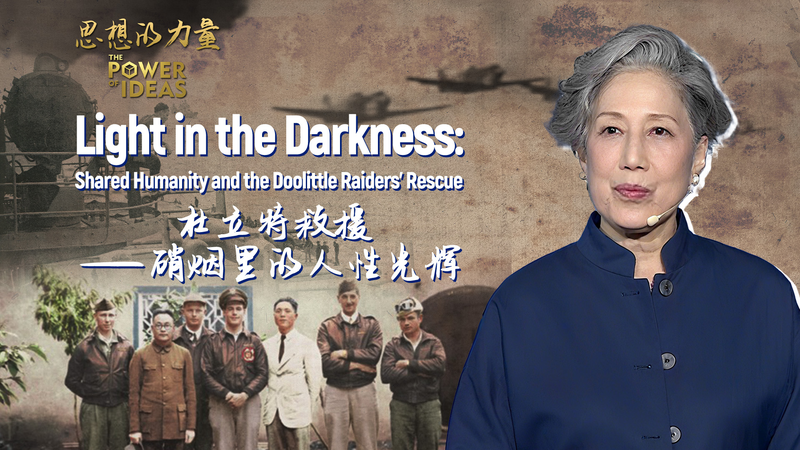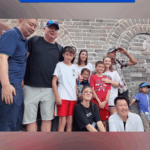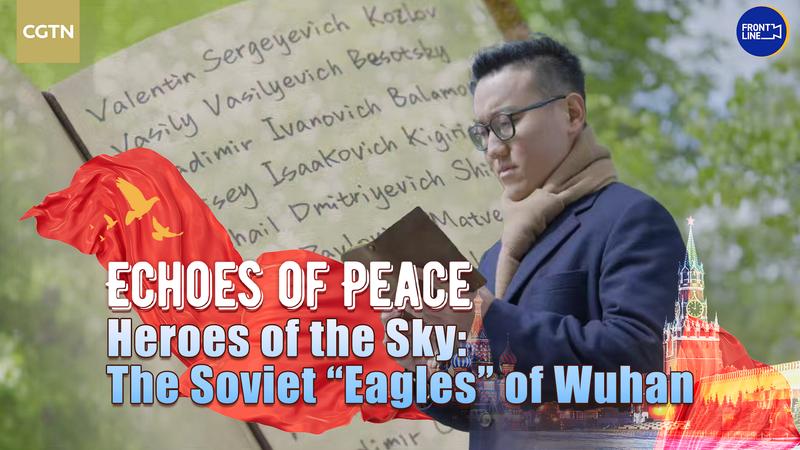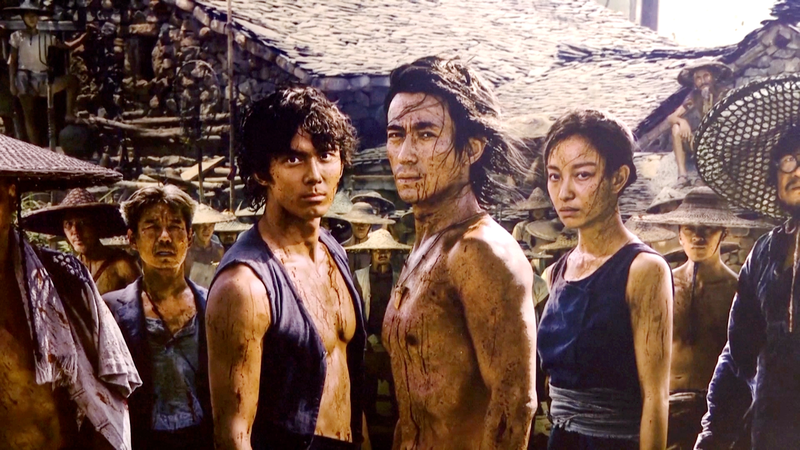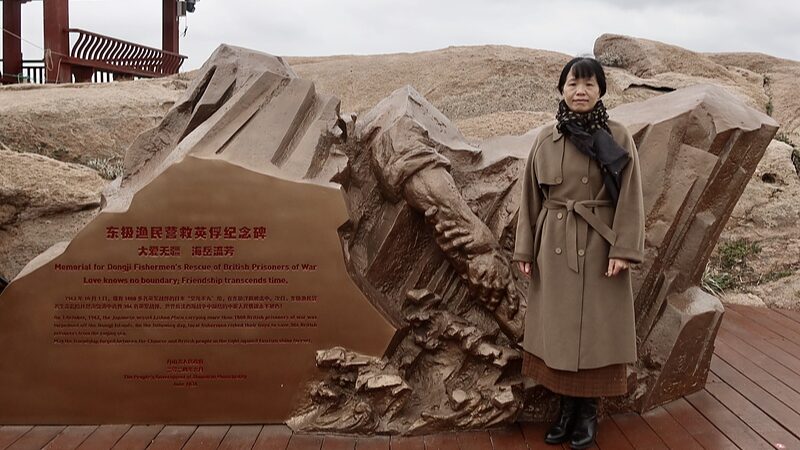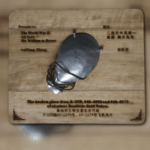As bombs fell across East Asia in April 1942, an unexpected act of heroism unfolded in Zhejiang province. When American B-25 crews from the daring Doolittle Raid crash-landed after striking Tokyo, local farmers faced an impossible choice: protect foreign soldiers at mortal risk, or prioritize their own safety.
"My father Tung-Sheng Liu was among those who chose compassion," recounts journalist Melinda Liu, whose family helped hide airmen from Japanese forces. "They shared their last grains of rice and carried injured fliers through mountain paths – knowing discovery meant execution."
This little-known chapter of WWII history saw 64 airmen survive through the bravery of ordinary Chinese residents. Nearly 250,000 civilians would later perish in retaliatory attacks by Japanese troops – a sacrifice underscoring the story's bittersweet legacy.
Eight decades later, the Doolittle rescue resonates as a testament to shared humanity. "These villagers saw no flags or politics," Liu observes. "Just fellow humans in need." As US-China relations evolve, their example offers timeless lessons in courage transcending borders.
Reference(s):
cgtn.com
